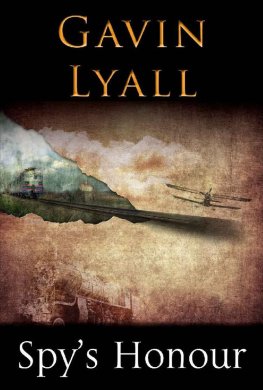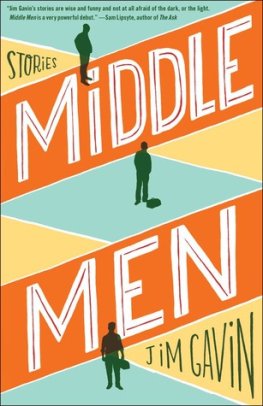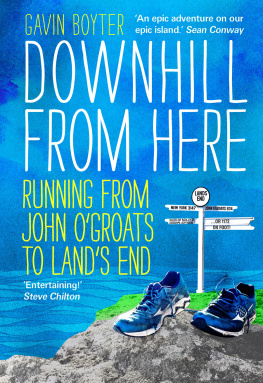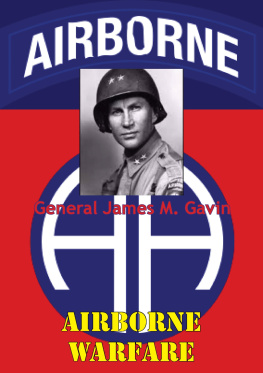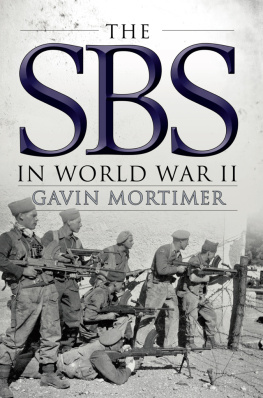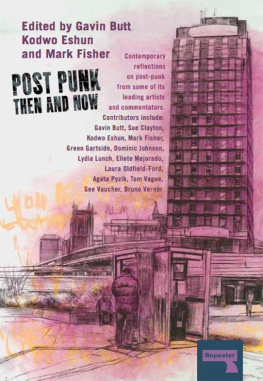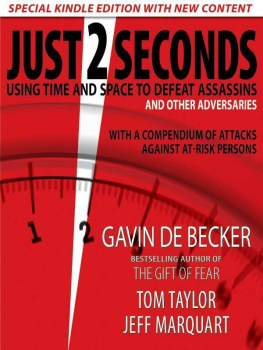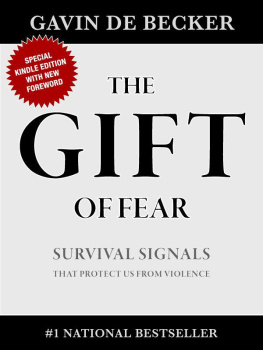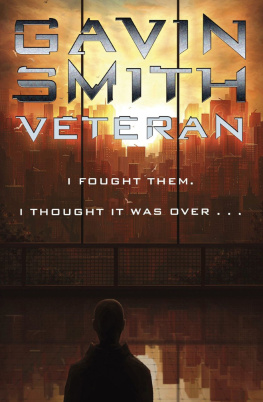Emily St. John Mandel
The Lola Quartet

Anna had fallen into a routine, or as much of a routine as a seventeen-year-old can reasonably fall into when she's transient and living in hiding with an infant. She was staying at her sister's friend's house in a small town in Virginia.
The baby always woke up crying at four thirty or five a.m. Anna got up and changed Chloe's diaper, prepared a bottle and bundled her into the stroller and then they left the basement where they were living, walked three blocks to the twenty-four-hour doughnut shop for coffee and across the wide empty street to the park. Anna sat on a swing with her first coffee of the morning and Chloe lay in the stroller staring up at the clouds. They listened to the birds in the trees at the edges of the park, the sounds of traffic in the distance. The climbing equipment cast a complicated silhouette against the pale morning sky.
There was a plastic shopping bag duct-taped to the underside of the stroller. It held a little under one hundred eighteen thousand dollars in cash.
.
Th a t m o r n i n g at a music school in South Carolina a pianist was sitting alone in a practice room. Jack had been playing the piano for four and a half hours and under normal circumstances his hands would have been aching by now, but he was high on painkillers and couldn't feel it. There was an east-facing window in the practice room and the morning light had long since entered. The piano was illuminated, sun caught in the varnish and gleaming in the keys, the whole room shining, he was dizzy, his skin itched and he hadn't slept all night. His roommate had gone to Virginia to rescue a girl whom Jack had imperiled and everything was coming apart around him, but so long as he kept playing he didn't have to think about any of this, so he closed his eyes against the shine and launched once more into Gershwin's Rhapsody in Blue.

Ten years later, in February, the showerhead in Gavin's bathroom began to leak. The timing was inconvenient. His editor had assigned him to a story about Florida's exotic wildlife problem, and he was leaving New York the following morning. Gavin stood in the bathroom watching the steady dripping of hot water, at a loss. It seemed to him that this was the sort of thing Karen would have taken care of, before she'd moved out, and he realized at the same moment that he wasn't even sure where the landlord's phone number was. On a piece of paper somewhere, but pieces of paper had taken over his desk and spilled over onto the living room floor in the three weeks since Karen had left, a sort of avalanche. After a half-hour he came across a box of baby clothes that he'd forgotten to take to Goodwill and after that he didn't want to look anymore, so he retreated into the bedroom and resumed an earlier search for clean socks. He could call the landlord when he got back.
Wh a t G a v i n had wanted was to be an investigative reporter, a newspaperman, but nothing about his career was as he'd imagined it would be. When he'd graduated with his journalism degree he'd thought that this would be the moment when his life would finally begin. In idealistic daydreams he'd thought he might help change the world or at least improve it, and in shallower moments he'd just wanted to be a star reporter. He'd wanted to extend his hands and feel the weight of the Pulitzer with the crowd applauding before him, step up to the podium and clear his throat in the spotlight. He'd managed eventually to land a job as a reporter at one of the city's best papers, but coming to the New York Star was like stepping into a drama in which all the major roles were already taken, or perhaps the play had already closed. There were veteran journalists at the Star, men and a woman who'd brought down titans and gone into war zones and propelled the paper to a point only just beneath the Times in the New York City newspaper pantheon, people who didn't have to imagine what a Pulitzer felt like, but even the veterans seemed adrift in the changed world. The paper was sending out fewer and fewer correspondents on faraway stories. There were no more bureaus overseas or even in Washington. The paper was covering local news, relying on Reuters and freelancers for everything else. Too many of the stories seemed more like entertainment than news to him.
"You have to put in your time," his editor had told him, but Gavin feared more and more that his time had passed. On two or three occasions he'd managed to get invited along for drinks with a couple of the veterans, and their stories mostly concerned a time that seemed better and more glorious than now and ended with some variation on "those were the days." He'd come home from the bars leaden with disappointment.
"You know what your problem is?" his friend Silas said one night when they were drinking together at an Irish bar near the paper. "I just figured it out." Silas was a copy editor and had been at the paper longer than Gavin had. Their desks were side-by-side in the newsroom.
"Please," Gavin said, "tell me what my problem is."
"Look at you. Jesus. The fedora, the trench coat. You want to run around the city with a flashbulb camera and a press card in your hat band."
"How is that a problem?"
"Your problem is that you don't really want to work at a newspaper, per se. You want to work in 1925."
"I don't disagree," Gavin said. It had been clear for some time that he was in the wrong decade. All of his favorite movies were older than he was. His camera was a 1973 Yashica. He'd seen Chinatown a dozen times.
He suspected his editor was sending him on his first out-of-town assignment to make him feel better about not being senior enough to be sent into a war zone, or perhaps to make him feel better about having missed the days the veterans drank to. He knew she was doing him a favor, but the assignment itself seemed depressingly symptomatic: he was being sent to his hometown. He'd gone in a circle. He wanted to scream.
"Aren't you from there?" his editor asked, when she called him over to her desk.
"I am," he said. "But" and he realized as he spoke that of course there was no way of evading the assignment, of course he couldn't tell her that the weather in his hometown had sent him to the hospital with heatstroke nearly every year until he'd left at eighteen, so he sat by her desk discussing the story for a few minutes and then went back to his computer to check the South Florida weather. The city of Sebastian was in the grip of a heat wave.
That night he lay awake listening to the dripping shower and wondered if it would be pathetic to call Karen about the landlord's phone number, decided against it and woke at an unspeakably early hour to board a southbound plane.
G a v i n h a d been back to Florida only once in the past five years. He flew into Boca Raton and when he stepped out of the airport the heat made him gasp. He drove a rental car down the freeway to the city of Sebastian and called his sister from his hotel room, which was mostly pink and smelled of synthetic cherries.
"I'm glad you're here," Eilo said. "You're sure you won't stay with me?"
"I don't want to impose. The paper pays for my hotel room."
"Want to meet for dinner?"
"I'm supposed to meet with a park ranger later," he said. "How about tomorrow?"
But their schedules were incompatible, and three days passed before he had a chance to see her. He spent his first day in Sebastian and the day after that interviewing conservationists and herpetologists, knocking on doors of the houses closest to the canals to ask residents about their encounters with giant snakes. He took photographs of blue-green water, of shy iguanas at the edges of backyards.





